Endothelial progenitor cells in the therapy of endothelial dysfunction
Speaker : Marek KUKUMBERG (Graduate Student, MBI, NUS)
Date : 22 February 2017, Wednesday
Time : 4pm
Venue : MBI, T-lab, level 5 seminar rooms
Supervisor(s) : A/P Evelyn YIM
Abstract: Cardiovascular diseases and endothelial dysfunction are the leading cause for deaths worldwide. Therapy options are limited and to minimize endothelial dysfunction and/or restore endothelial function, new therapy approaches are sought. While the availability of autologous vascular endothelial cells is limited, other therapeutic cell sources, such as endothelial progenitor cells (EPCs), have been explored. EPCs were shown to play an important role in vascular damage repair. The quantities and functionality of EPCs in healthy donors and stroke patients were evaluated. The amount of EPCs in stroke patients are higher than the amounts of EPCs in healthy individuals, however, with lower functionality. Other therapy options are needed due to the low isolation numbers und decreased functionality in patients. An alternative cell source are bone marrow mesenchymal stem cells with low immunomodulation effect and high differentiation potential. In this thesis it is hypothesized that that the biophysical environment with biochemical cues could regulate endothelial cell behaviour and induce the differentiation of human mesenchymal stem cells (hMSCs) into cells with vasculogenic properties. Utilising the MultiARChitecture (MARC) chip, we evaluate the influence of topographical cue on endothelial cells followed by a systematic screening of topographical and biochemical cue influence on the endothelial differentiation of human mesenchymal stem cells (hMSCs). The differentiated hMSCs on selected most efficient patterns and medium compositions are characterised in vitro and their vasculogenic properties evaluated in vivo.
ALL EXCEPT PANEL ARE EXCUSED FOR CLOSE DOOR EXAMINATION



